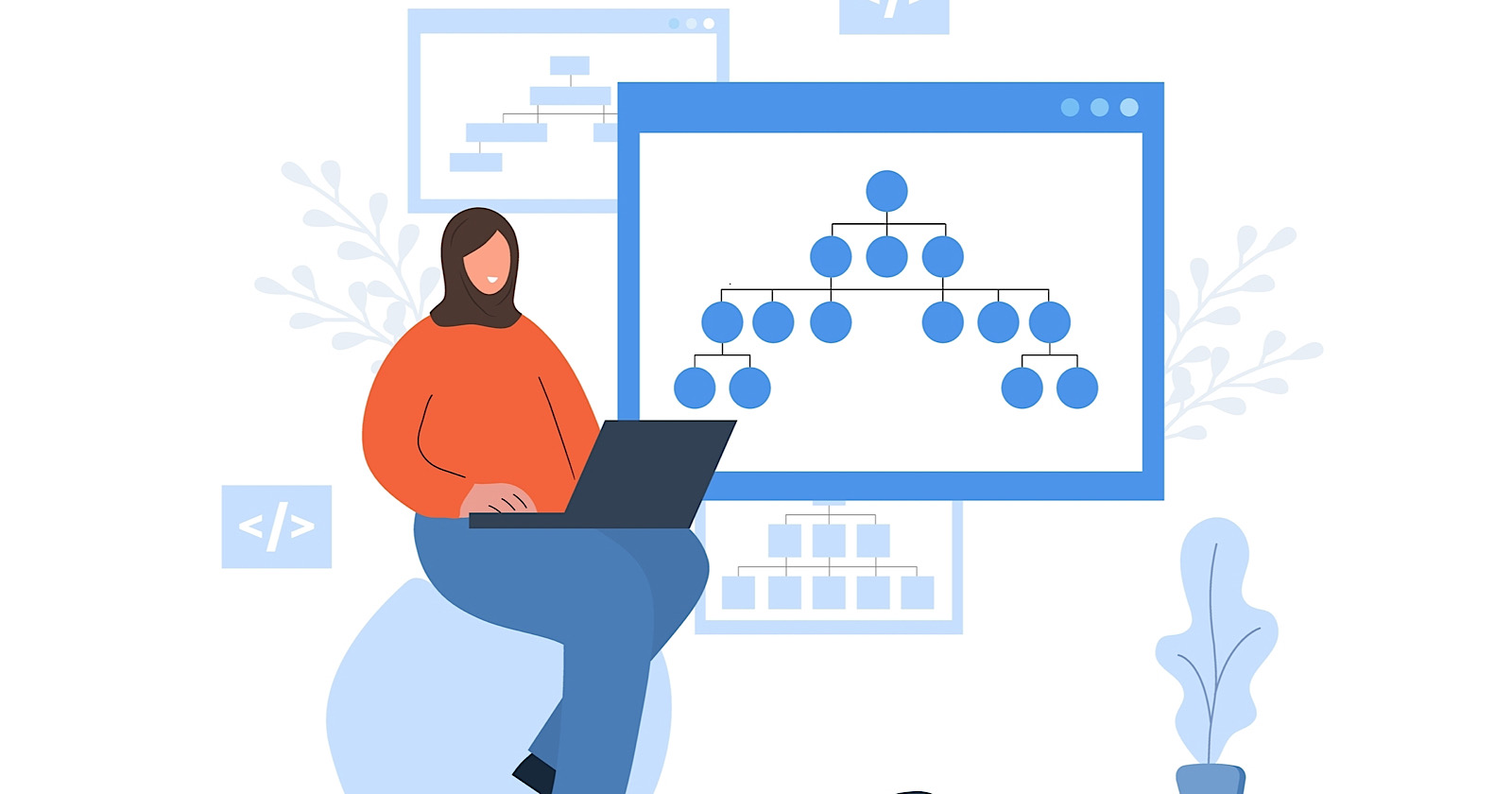Embracing AI Transforms Business

The impact of embracing artificial intelligence (AI) in business is proving to be significant, with a recent study conducted by LinkedIn revealing that 51% of organizations experienced revenue increases of 10% or more following the adoption of generative AI technologies. This statistic is merely an early glimpse into the profound changes that lie ahead as AI tools evolve and as companies refine their strategies for leveraging these innovations.
Beyond just the financial gains, organizational leaders who integrate AI tools in a manner that complements their teams' uniquely human skills are at the forefront of a new and emerging economywhat is being termed as an innovation economy. In this landscape, the distinctive human capacities for invention, innovation, and collaboration are being brought to the forefront of work environments. AI, therefore, transcends its role as a mere time-saving tool; it acts as an innovation accelerator, empowering a diverse range of individuals to bring their best ideas to fruition, regardless of their job title or background. This transformative economy is already taking shape, with a substantial 70% of businesses utilizing generative AI indicating that their primary motivation is to foster innovation and creativity, surpassing even the goal of automating routine tasks.
To facilitate the integration of AI within organizations, LinkedIn has partnered with Microsoft to offer a selection of free AI learning courses, which are now accessible until December 31, 2025. Among these offerings is the AI for Organizational Leaders professional certificate, which includes six thoughtfully curated courses aimed at guiding leaders on making informed decisions regarding AI adoption and its practical applications. This includes crucial insights on evaluating the business implications of generative AI and strategies for driving business growth. Notably, one featured course is Generative AI for Business Leaders, presented by Tomer Cohen, LinkedIn's chief product officer.
In addition to this, another critical professional certificate called AI for Managers comprises six curated courses that focus on practical methods for managers to enhance their effectiveness through generative AI. This includes improving the quality of team meetings and one-on-one interactions, providing effective feedback, and engaging in substantive career discussions within an AI context. The course also emphasizes building a collaborative team culture utilizing generative AI while promoting responsible usage of AI technologies.
To further support leaders in upskilling their entire workforce, LinkedIn and Microsoft have introduced AI Skill Pathways, which encompass over 150 professional certificates, preparation resources for certification, and structured learning paths tailored by role and skill level according to the LinkedIn AI Upskilling Framework. Currently, there are 27 AI Skill Pathways available for access until July 31, 2025, designed to help learners develop, practice, and confirm their AI competencies.
In terms of methodology, LinkedIn's Economic Graph researchers evaluated the proportion of over 1 million senior leadersspecifically vice presidents (VPs) and C-suite executives (CXOs)from large companies employing more than 1,000 individuals across 16 different countries, including Australia, Brazil, Canada, France, Germany, India, Ireland, Italy, Mexico, the Netherlands, Singapore, Spain, Sweden, the United Arab Emirates, the United Kingdom, and the United States. These individuals had listed at least one AI literacy skill within the same year, allowing researchers to compare these executives against the broader professional population that had also listed at least one AI literacy skill.
Additionally, a comprehensive global survey involving 1,991 C-suite executivesincluding roles such as chief executive officer, chief human resources officer, chief marketing officer, chief revenue officer, and chief technology officerwas conducted across nine countries (Australia, Brazil, France, Germany, India, Singapore, the United Arab Emirates, the United Kingdom, and the United States) with organizations having 1,000 or more employees. This survey fieldwork was carried out by YouGov from November 26 to December 13, 2024.
The findings from the AI & the Global Economy Report draw upon anonymized and aggregated data sourced from the LinkedIn platform, which boasts over 1 billion members and 67 million companies globally. This report offers a unique perspective on how AI is influencing the global economy and workforce. Furthermore, it incorporates economic and survey analyses conducted by Access Partnership to delve into the economic potential of generative AI, the current state of its adoption, and its tangible impact on various businesses. For those interested in the specific methodology utilized by Access Partnership, additional details can be found in their report.




























